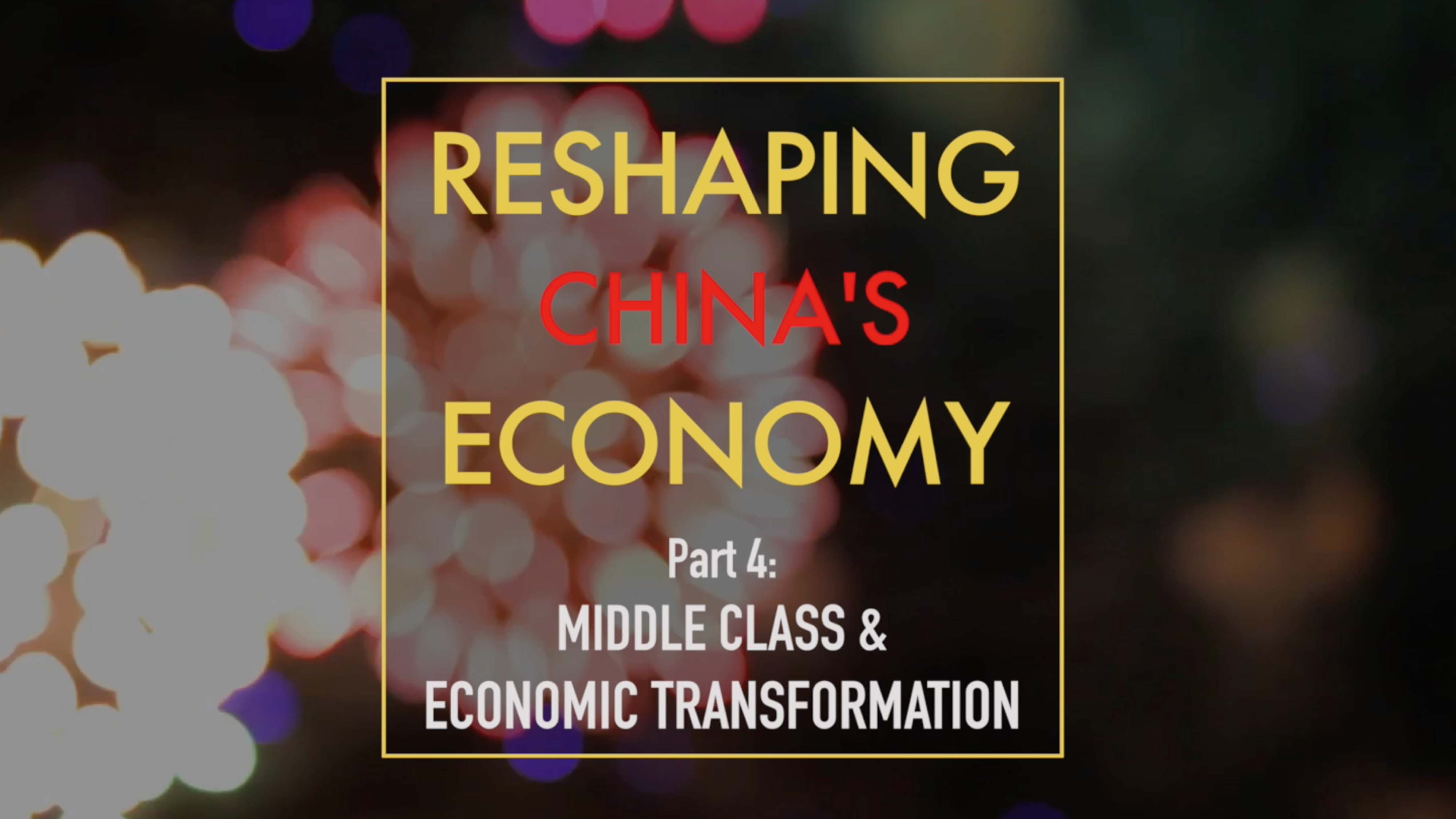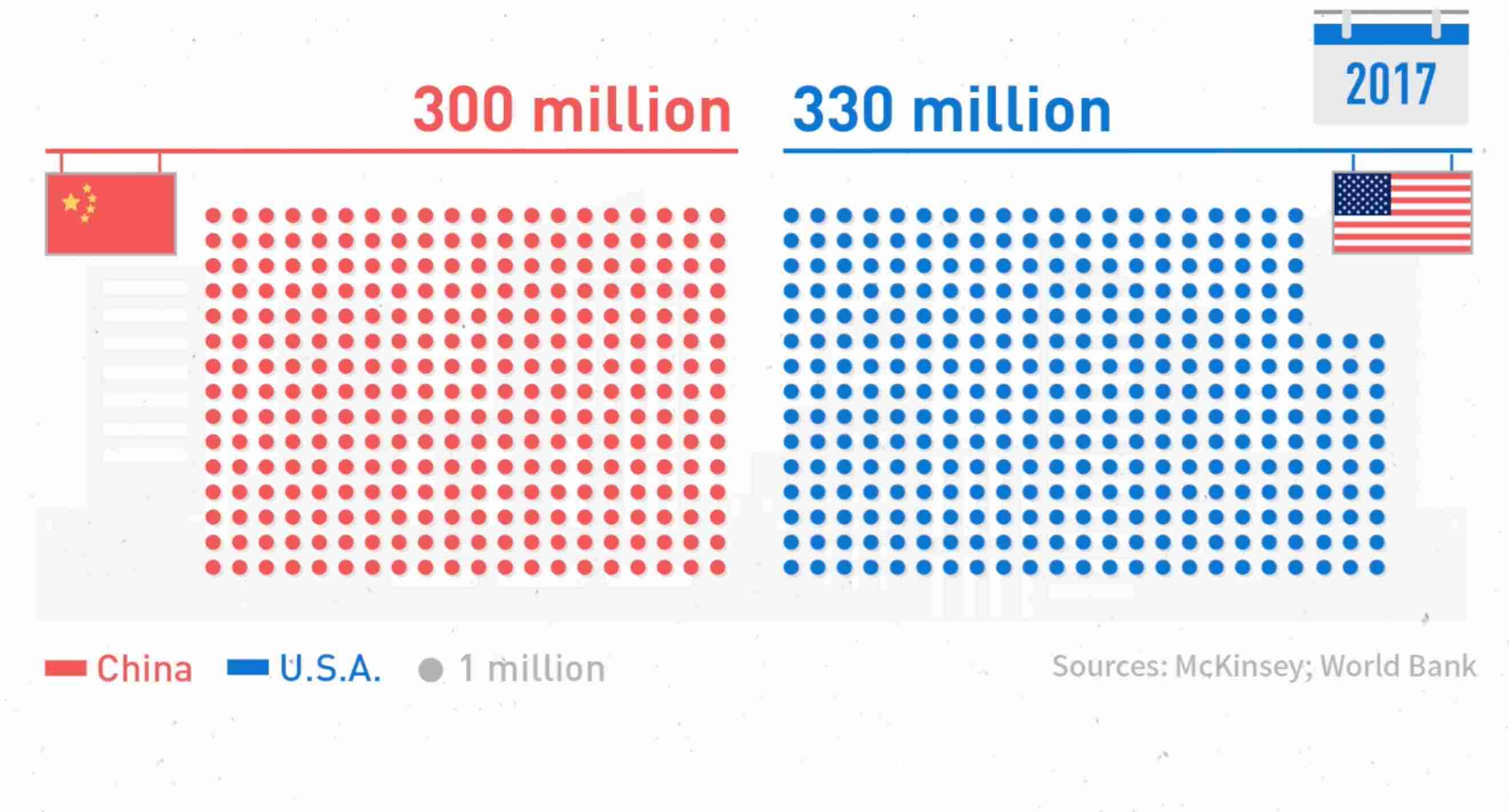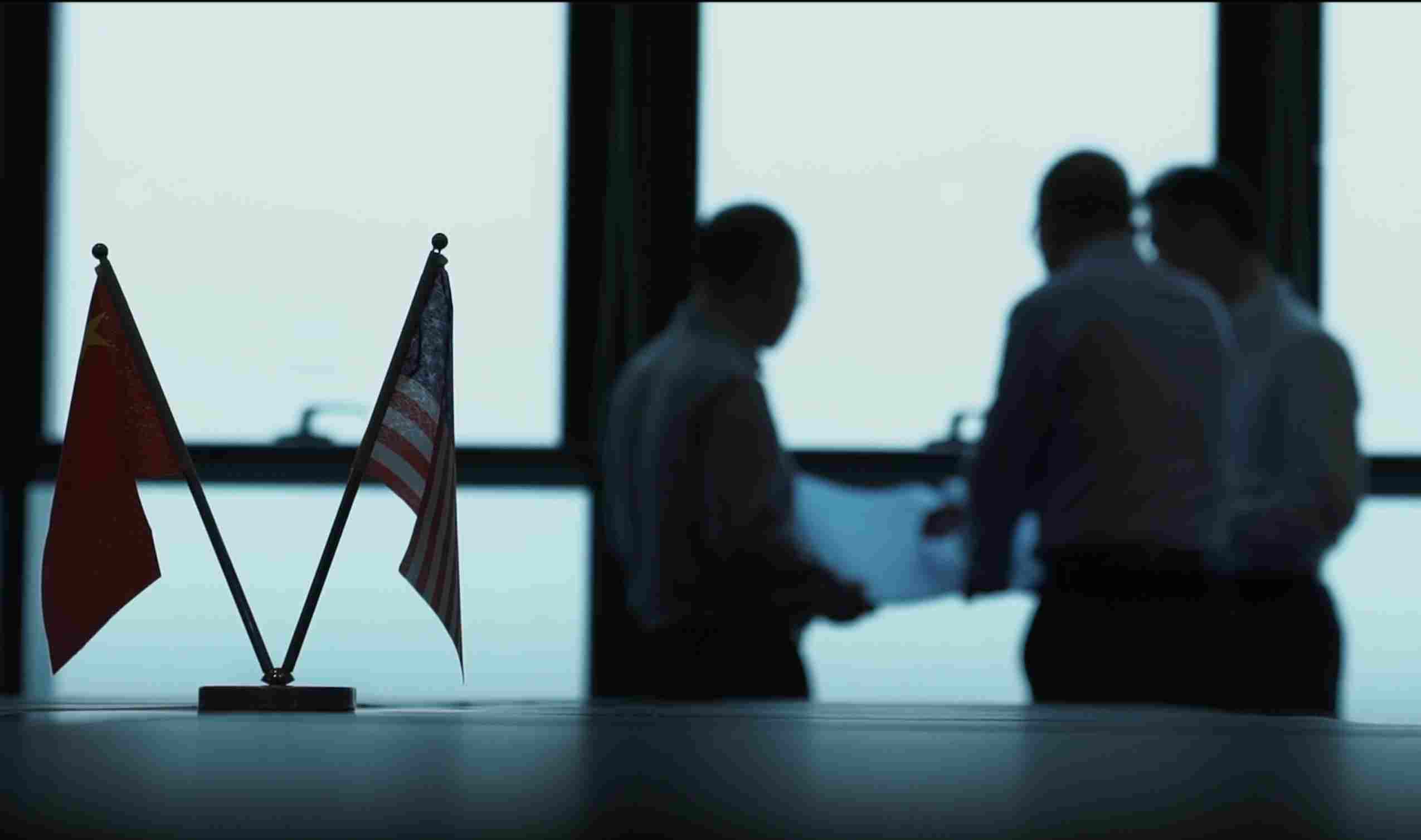
Money Stories
11:00, 28-Mar-2019
Reshaping China's economy: Middle class and economic transformation
Updated
13:05, 28-Mar-2019
Ge Yunfei
07:01

Doing Pilates, drinking hand-brewed coffee and sharing their travels on social media… This is the typical lifestyle of the new rising middle class in China's major cities.
I came to meet one of them, 26-year-old Echo Chen, who works in the financial sector. Chen describes herself as an early adopter and trendspotter of the latest lifestyle fads.
She recently picked up the new hobby of shopping at Freshippo (Hema), a futuristic boutique supermarket launched by China's Internet giant Alibaba.
Freshippo is the Chinese-version Whole Foods Market offering high-price, high-quality goods.
After wandering around in the store for a while, I realized almost half of the goods are imported from overseas.

Chinese consumers now have a higher price tolerance. /CGTN Photo
Chinese consumers now have a higher price tolerance. /CGTN Photo
According to Freshippo's survey, prices are not even among the top three factors that influence Chinese consumers' purchasing behavior. "Instead, the top three are freshness, safety, and variety," the store manager told CGTN.
Official data shows China's annual average disposable income per capita reached over 4,200 U.S. dollars in 2018, a 54-percent increase since 2013.
According to the People's Daily, more than 300 million people constitute the middle-income group.
By 2017, the size of China's middle class had grown to almost the same size as the entire U.S. population. Moreover, by 2022, China's middle class is expected to outnumber the whole population of Europe.

China's middle class is almost equal to the entire U.S. population, 2017. /CGTN
China's middle class is almost equal to the entire U.S. population, 2017. /CGTN
Now the Chinese government wants its 30 million enterprises across the country to be more creative and innovative.
Also, the elevated appetite of Chinese middle-class consumers for high-quality products is helping the government achieve the goal of high-quality growth.
Trumpchi, a domestic carmaker is one of those benefiting from the shift in Chinese consumer behavior. In a downsizing auto market, last year, it outperformed with a five-percent sales increase.
Zhang Fan, chief designer of the company, said its success is based on truly original design and innovation as most of the Chinese consumers are getting tired of knock-offs.
Also, the growing middle class is propelling ambitions of the rule-breakers in China's Internet sector to try and create another Tesla.
Xpeng Motors, a young startup based in Guangzhou and valued over 20 billion yuan, is betting its future on this group of people with cutting-edge technology like autonomous driving and voice control.
Brian Gu, vice chairman and president of Xpeng Motors, said the carmaker is targeting the highly-educated customers who love to play with technology.
In the past three years, at least 15 electric vehicle startups have popped up across China, raising over 100 billion yuan or 15 billion U.S. dollars.
"The middle-class is gonna determine the winners and losers of this race ultimately," said Gu.

Chinese carmakers are betting their future on the middle class. /CGTN Photo
Chinese carmakers are betting their future on the middle class. /CGTN Photo
As China becomes a high-end manufacturing economy, its upgraded consumer base is attracting some of the world's state-of-the-art manufacturers, with the likes of Tesla.
In January, Tesla's "Gigafactory" in Shanghai officially kicked off. "It will be the first Tesla Gigafactory outside the United States, and will be our most advanced Gigafactory," said CEO of Tesla Elon Musk.
However, what sets Tesla's Shanghai factory apart from others is that it mainly manufactures cars and batteries for the Chinese market.
Forty years ago, China opened up to become a world factory – making nearly everything for global buyers.
According to the American Chamber of Commerce in South China, less than 23 percent of the products manufactured by American companies in China are for export. The organization's president said, "The vast majority are the value-added products made for the Chinese market."

Less than 23 percent of the products made by American companies in China are for export. /CGTN Photo
Less than 23 percent of the products made by American companies in China are for export. /CGTN Photo
In 2018, foreign investment in China on high-tech manufacturing increased by over 35 percent. "We are presented with the tremendous opportunity in China to re-engineering our product line to concentrate on the new market in China," said Sun Junling, a Chinese-American investor and entrepreneur who is expanding his engineering consultancy business in China.
For 40 years, China savored the most miraculous and longest economic prosperity in history. However, part of any natural cycle includes a slowdown.
In past years, it was the people who worked wonders.
Now it will be the people who work things out.
Reporter/Director: Ge Yunfei
Camera: Wang Yucheng, Liang Qipeng
Field producer: Lan Hao
Camera assistant: Dai Genhua
Sound recorder: Zhang Zhiguo
Text: Ge Yunfei
Script copyeditors: Jake Haselkorn, Mark Fontes
Film editors: Liang Qipeng, Lan Hao, Ge Yunfei

SITEMAP
Copyright © 2018 CGTN. Beijing ICP prepared NO.16065310-3
Copyright © 2018 CGTN. Beijing ICP prepared NO.16065310-3